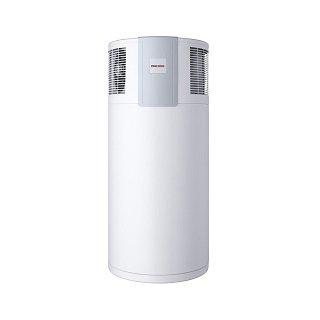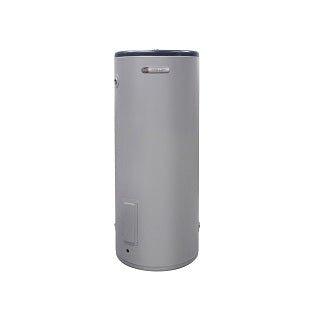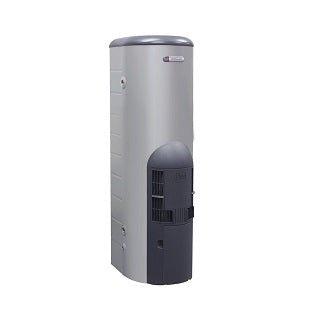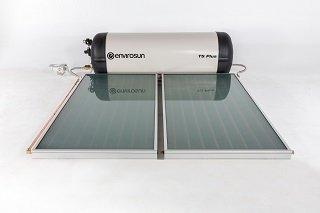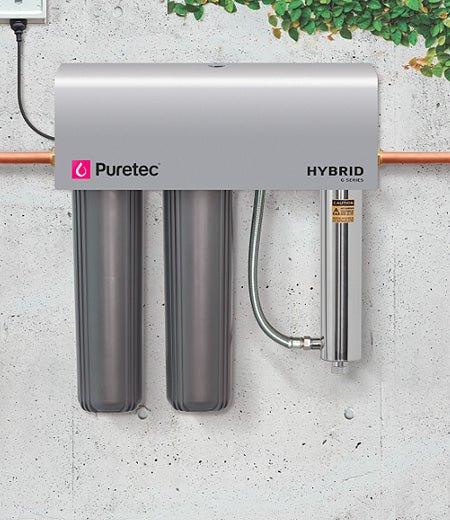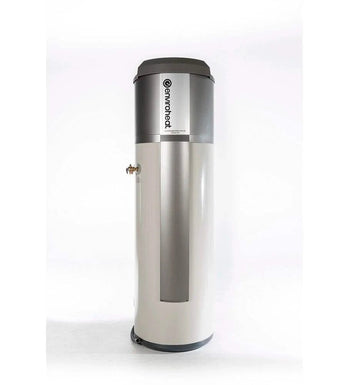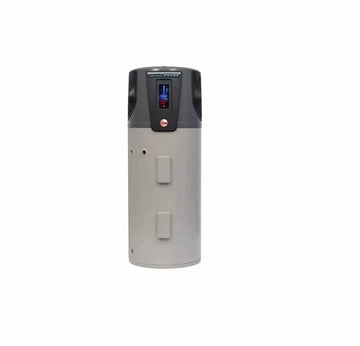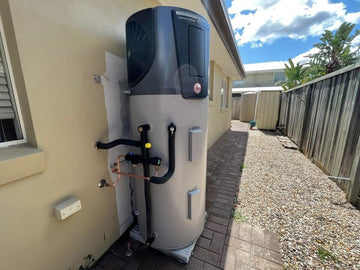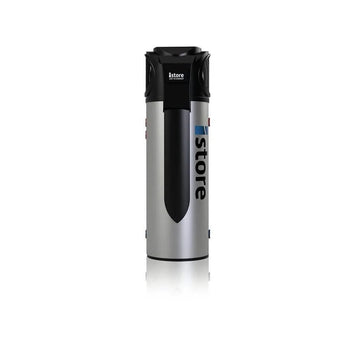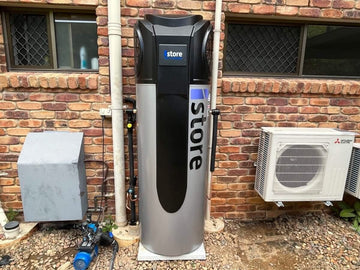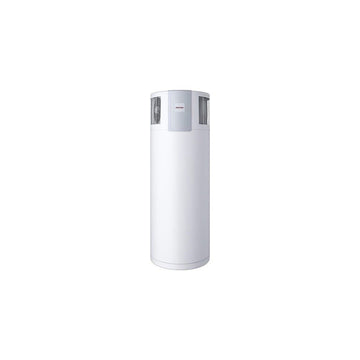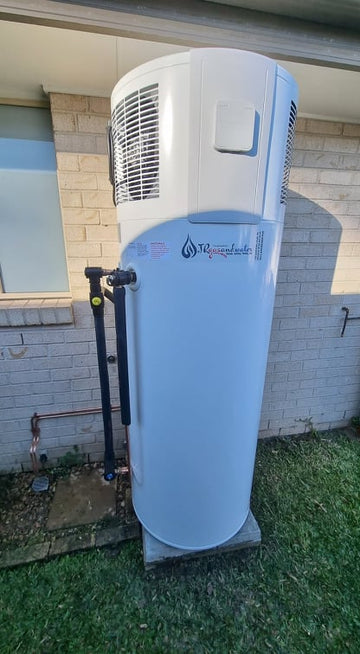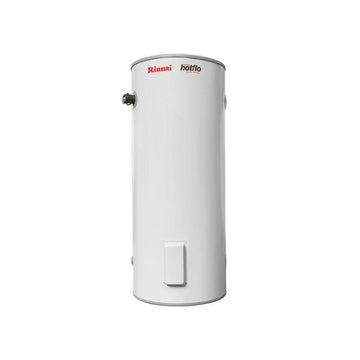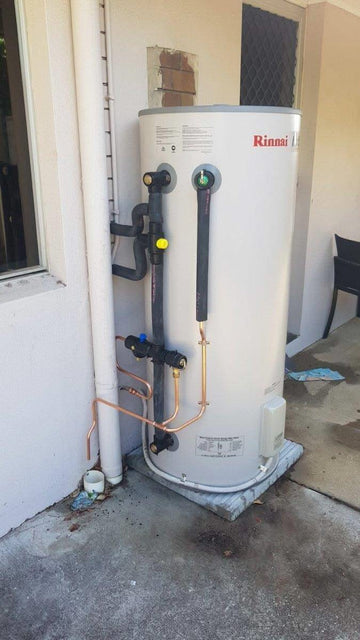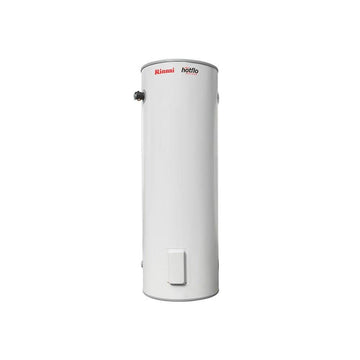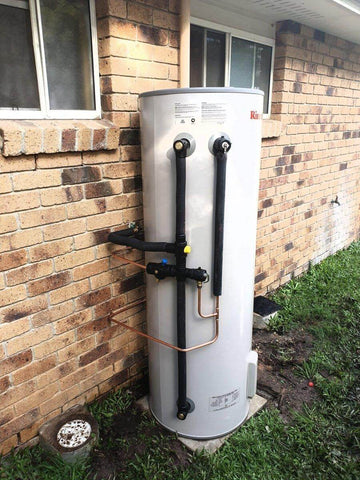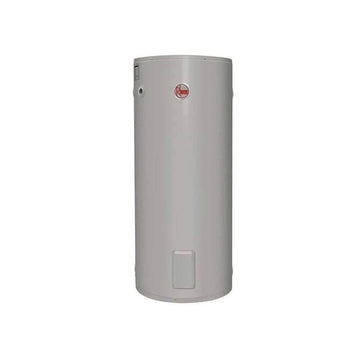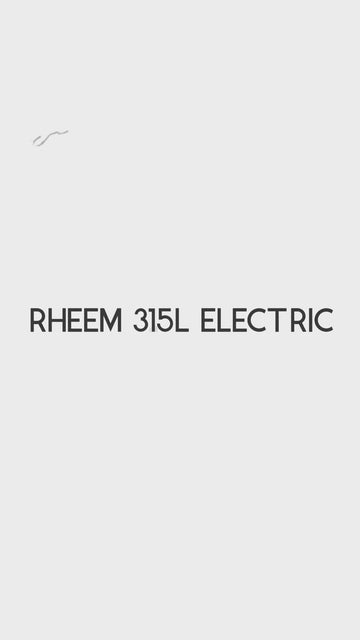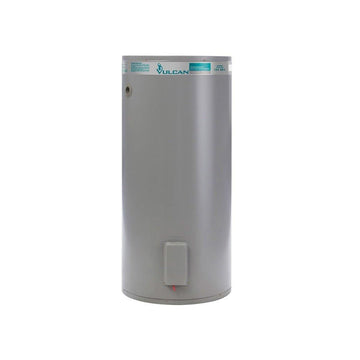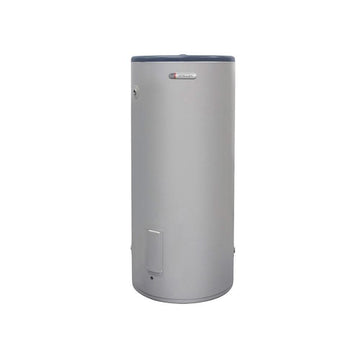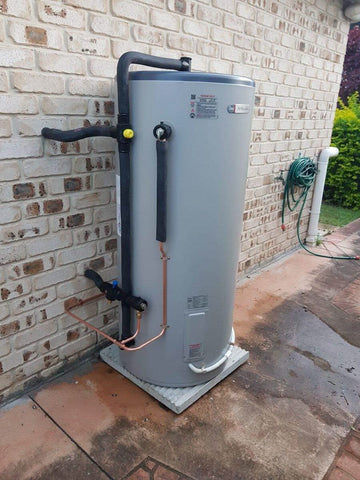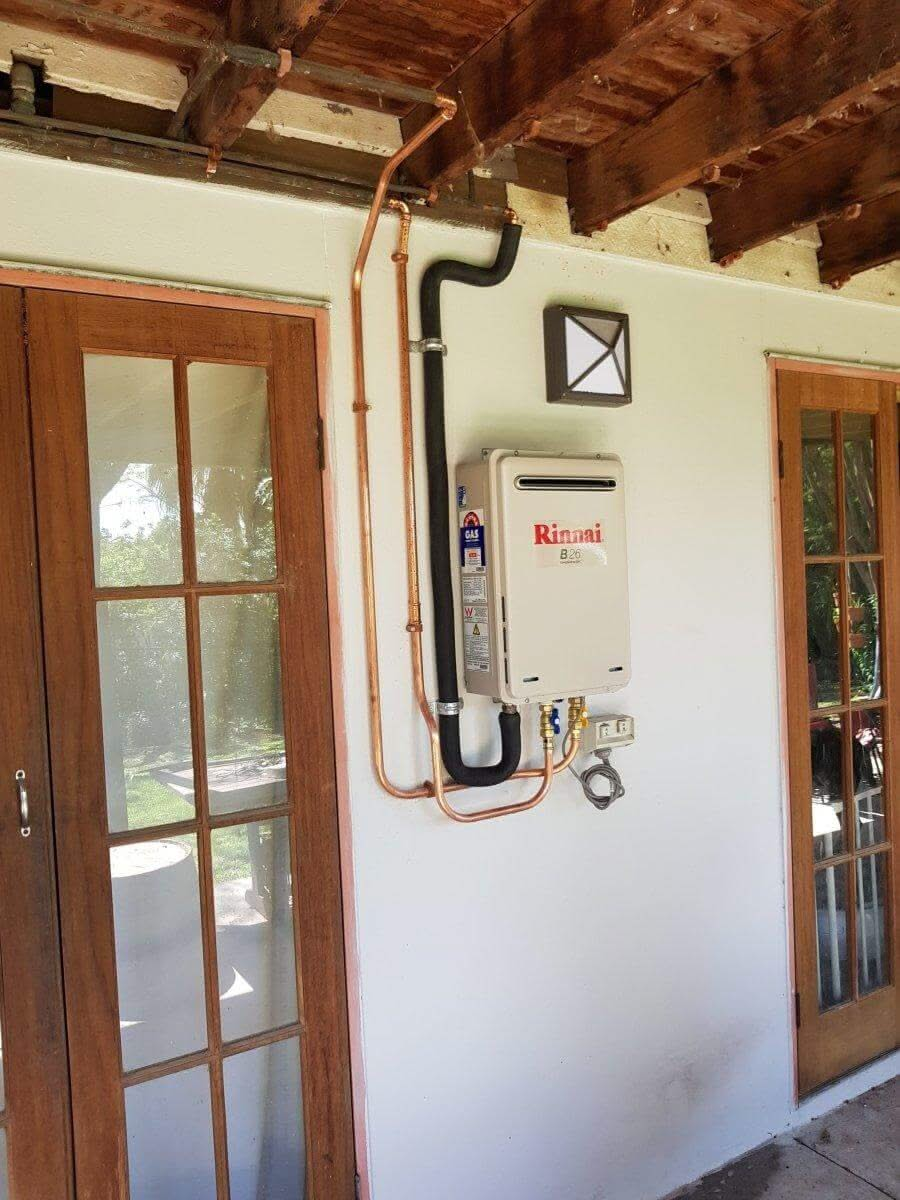Homeowners and businesses in South East Queensland know that when they need a reliable gasfitting or plumbing professional, JR Gas & Water is the name they can trust. As the region's leading provider of plumbing, gasfitting, and hot water services, we have built a solid reputation for delivering exceptional customer experiences, quality workmanship, and lasting solutions. This is the reason we have become the go-to hot water plumber for countless satisfied clients in our community.
When you search for professional plumbers in South East Queensland, you want to be sure that you're choosing a company that not only understands your needs but also genuinely cares about your well-being. At JR Gas & Water, we place great emphasis on building lasting relationships with our customers by providing a seamless, stress-free experience. We know that when you face a plumbing, gas, or hot water issue, it can be a disruptive and frustrating time. Our team is here to provide reassurance and support, ensuring that your needs are met with empathy and understanding.
One of the essential factors that make JR Gas & Water stand out among other hot water plumbers in South East Queensland is our vast expertise and experience in the industry. Our team of licensed and certified professionals boasts decades of combined experience and in-depth knowledge of plumbing, gasfitting, and hot water systems. We are proud of our ability to solve even the most complex issues with ease and efficiency. When you choose JR Gas & Water, you can trust that our team will get the job done right the first time, every time.
In addition to our technical expertise, we are committed to providing comprehensive plumbing, gasfitting, and hot water solutions to cater to all your needs. From repairing a leaky tap or blocked drain to installing a new hot water system or gas appliance, our skilled technicians are equipped to handle any job, big or small. Moreover, we offer emergency services, ensuring that you have a trusted plumbing and hot water specialist available when you need us most. Our dedication to providing end-to-end solutions means that you can have peace of mind knowing that your home or business is in good hands with JR Gas & Water.
As a locally-owned and operated professional gas and plumbing business, we at JR Gas & Water take immense pride in being an integral part of the South East Queensland community. We are not just service providers; we are your neighbors, friends, and family. We believe in giving back to our community and supporting local businesses and organizations that make our region such a fantastic place to live and work. When you choose JR Gas & Water, you're not just getting exceptional service; you're investing in the growth and success of our local community.
At JR Gas & Water, we stay ahead of the curve by continually embracing the latest advancements in the plumbing and gas industry. By utilizing cutting-edge technology and innovative techniques, we provide our customers with efficient and sustainable solutions that not only address their immediate concerns but also help reduce their environmental impact and save them money. From energy-efficient hot water systems to advanced leak detection equipment, we are committed to delivering state-of-the-art services that set us apart from our competitors.
Another hallmark of our service offering is our commitment to transparent pricing and honest communication. We understand the importance of building trust with our customers, and we achieve this by being open and clear about the costs involved in all of our plumbing and gas services. We provide detailed quotes, ensuring that you know exactly what to expect when you choose us for your plumbing, gasfitting, and hot water needs. Our team will take the time to explain the work that needs to be done and answer any questions you may have, ensuring that you feel confident in the solutions we provide. Get in touch with us
today to arrange the services of a plumbing professional.






